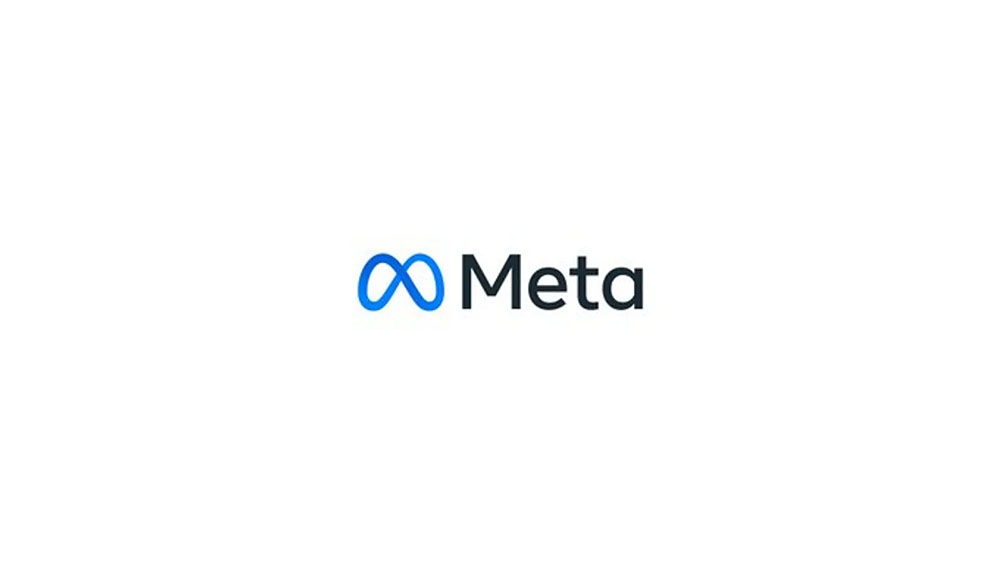Andrew Hutchinson
Source: www.socialmediatoday.com, February 2024
Meta’s long-running dispute with Apple over in-app payments continues, with Meta today announcing new ways to help small businesses avoid paying Apple’s fees on ad campaigns in its apps.
As of this month, Apple will begin charging iOS users a 30% service charge on boosted posts when they’re purchased in app, which Meta is pushing onto buyers, as opposed to absorbing that extra cost.
The update relates to a change that Apple announced back in October 2022, in which Apple states that:
“Digital purchases for content that is experienced or consumed in an app, including buying advertisements to display in the same app (such as sales of “boosts” for posts in a social media app) must use in-app purchase.”
Apple says that it’s been working with Meta for over a year to facilitate this transition, which will soon come into effect, beginning with users in the U.S.
Meta’s response, however, still seems pretty dissatisfied with the new arrangement:
“To support the millions of small businesses that use boosted posts on Facebook and Instagram, advertisers can now go to Instagram.com and Facebook.com on mobile and desktop to boost their content and avoid a 30% Apple service charge.”
Meta says that it’s required to either comply with Apple’s guidelines, or remove boosted posts as an ad option.
“We do not want to remove the ability to boost posts, as this would hurt small businesses by making the feature less discoverable and potentially deprive them of a valuable way to promote their business.”
As such, it’s instead guiding advertisers to its desktop apps instead, where it now has updated processes set up to facilitate boost purchases, and avoid those extra fees.
Meta further notes that businesses purchasing its boost product on iOS will now be required to pay in advance, and add prepaid funds to their account to draw from to boost a post. Which it also seems unhappy with, and again, brand partners can avoid all of this by just boosting a specific post from the desktop app instead.
Meta and Apple have been facing off for years over in-app payment charges.
Back in 2020, Meta CEO Mark Zuckerberg labeled Apple’s in-app fees as ‘monopolistic’ and harmful to competition in the space, which was sparked by Meta’s push to allow creators to make more money from virtual events on Facebook, amid the COVID lockdowns which had forced the cancelation of all IRL live events. Yet, despite the extraneous circumstances, Apple refused to yield its 30% cut on in-app purchases, thereby limiting creator intake. Apple did eventually pause its fees in light of the situation, but resumed taking its share shortly after.
Last year, Meta even toyed with the idea of establishing its own in-Facebook app store, which would enable developers to showcase their apps, and also facilitate direct downloads for users, without them leaving The Social Network.
That could effectively side-step Apple’s involvement, but then again, you can expect that Apple would work out some way to take a cut of this too, as it has with virtually every other attempt to circumvent its systems.
Both Meta and X have also had to factor in Apple’s fees with their subscription offerings, while also offering alternative payment processes to keep Apple from taking a cut.
It’s a difficult one to take a side in, because Apple does facilitate connection to the consumer, but the platforms and developers are the ones who do all the work in providing the service. And really, in this instance at least, both companies are generating ridiculously huge profits either way, so we’re talking about one big tech company getting rich, or the other. As such, the only real impact is on the buyers, who have to pay extra to Apple as a result of Meta pushing those fees onto consumers, as opposed to wearing them itself.
Which makes sense, but essentially, if you’re looking to save a buck, you just need to purchase your Meta campaigns on desktop instead.
Which is not really a big deal, but it is worth noting in your process.

